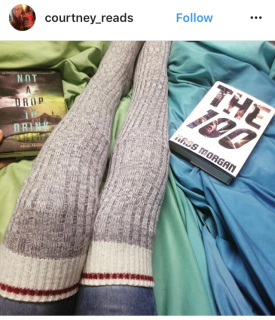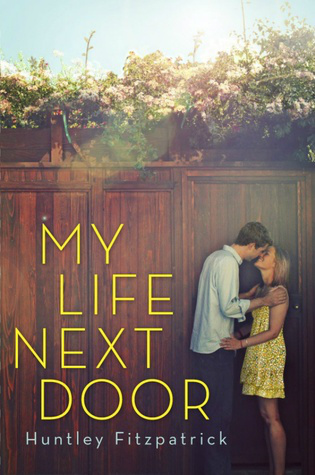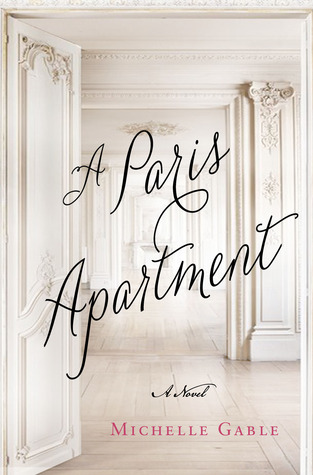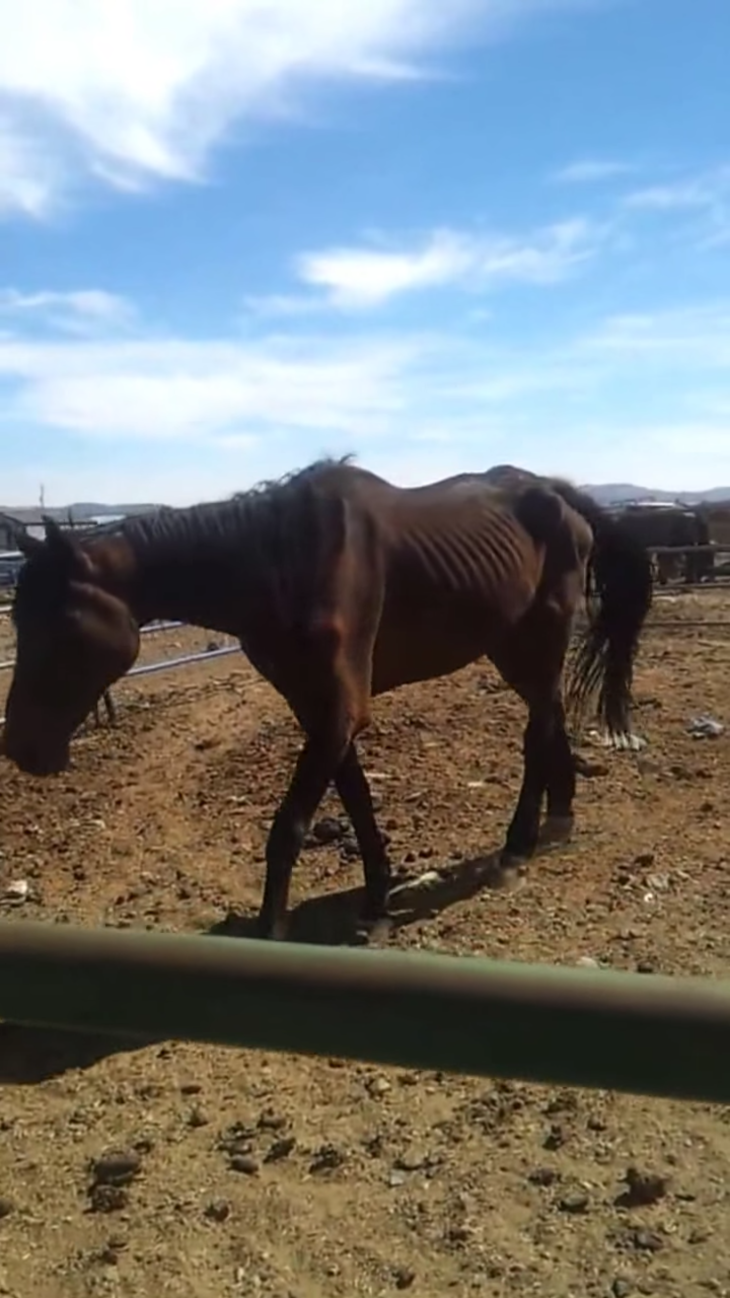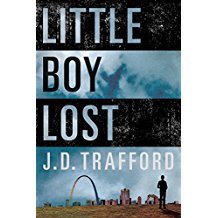
Little Boy Lost by J.D. Trafford
Synopsis:
A broken city, a missing young man, and a lawyer searching for truth when nobody else cares.
Attorney Justin Glass’s practice, housed in a shabby office on the north side of Saint Louis, isn’t doing so well that he can afford to work for free. But when eight-year-old Tanisha Walker offers him a jar full of change to find her missing brother, he doesn’t have the heart to turn her away.
Justin had hoped to find the boy alive and well. But all that was found of Devon Walker was his brutally murdered body—and the bodies of twelve other African American teenagers, all discarded like trash in a mass grave. Each had been reported missing. And none had been investigated.
As simmering racial tensions explode into violence, Justin finds himself caught in the tide. And as he gives voice to the discontent plaguing the city’s forgotten and ignored, he vows to search for the killer who preys upon them.
My review and Q&A:
This is one of them novels where I have Loved every single page! It has crime, politics, diversity and most of all intensity! It is almost as if the novel takes you on a journey through the USA, its legal system and modern racial tensions. I feel educated, moved and humbled by the story of the lost boys!
So let me start by telling you why…….
The protagonist of the novel is Justin Glass, a mixed race attorney from the shabby side of Saint Louis. Now I only mention his race as it is pivotal to the story and themes within the novel. One day he is alone in his run down, seen better days, office when in walks Tanisha Walker. She has a jar full of change from her grandmother’s cuss jar. She is a fearless and savvy little 8-and-a-half-year-old and I liked her instantly. She asks Justin to attempt to find her brother Devon Walker (16yrs), who has been missing a month. Justin is reluctant to take the case. But upon learning the police have had zero contact with the family, he reluctantly agrees to do a little digging.
At this point Justin has no idea, what he will unearth………
We learn some more about Justin and his background. How his father and brother are political figures and his grandfather a retired judge. We also learn they have ties to the civil rights movement, right from its beginnings. Justin is recently bereaved of his wife Monica and left to raise his 11-year-old daughter Sammy alone. The theme of grief/depression is fully explored and we learn of Justin’s fall from grace due to his inability to cope with his personal grief.
Justin is barely hanging on!
Justin contact local police officer David Schmidt (Schmitty) to gather some information on Devon and it is not positive news. Devon is known to the local police since the age of just 6yrs old. He recently had a warrant for his arrest in a serious case of aggravated robberies and was in the process of being transferred to adult court. Devon had a full juvie file and incident reports, including photos of his tattoos held by the gang unit. Devon one of a series of young men bored, uneducated, disconnected and disenfranchised that turn to crime. Schmitty hands over the files and states
Devon is more than likely just a runaway case and will turn up soon.
“he was only sixteen, but getting arrested had become a way of life”
As Justin continues to investigate, chasing Devon’s previous girlfriends etc. He stumbles upon his friend and fellow business owner Nikolai being assaulted. He calls the cops and offers Nikolai assistance but when the cops arrive, they just see a black male, towering over a white victim. Justin is instantly arrested and beaten. When his father and brother arrive at the jail to bail them out. His father warns Justin’s brother Lincoln not to make this political, as “you don’t want to light a fire that we can’t put out”. The continue to discuss the relationship African Americans have with the police.
This makes for eye-opening reading to the non-USA reader.
“The white only signs have been taken down but they’re still there. This is your fight now”.
Recuperating from his beating, Justin receives a call from Schmitty. He is summoned to a wooded area at Castlewood State Park. Where hikers have stumbled upon a mass grave. Schmitty believes one of the victims to be Devon and asks Justin to inform the family. The mass grave contains the bodies of 9 juvenile African Americans with criminal records. Is this the work of a crazed serial killer with a score to settle? Justin informs the family, whom meet the news with mere acceptance, almost as if they news this news inevitable. The media labels the kids as ‘the lost boys’.
Someone is cleaning up the streets one lost boy at a time…………
Sensing his workload is about to surpass his capacity. Justin hires Bosnian refugee Emma Tadic, as his paralegal. Emma turns out to be the perfect assistant and re-organises Justin’s hectic life. Justin agrees with Scmitty to interview the families with missing/lost boys, knowing they won’t work with the police. He also notices a distinct pattern in the young men’s lives. From their teens, to truancy, to petty crime, to gangs, to regular disappearances, to serious crime, to probation and finally gone! When Justin interviews mother Deonna Villa, she informs him that she has had no contact from the police, that they never even called. Why does no one care about these young boys lives? Why are they so casually throwaway? Justin becomes distracted from the case when his daughter goes through some issues with her school and the case loses even his attention.
“Rules equal love. If you let your children run the show, then you really don’t love them”.
Justin meets with Schmitty and they agree that the cases are too cold, calculated and organised. They both begin to suspect it may even be the work of a cop or probation officer. Then more bodies are discovered at Castlewood State Park. This is now a high profile case, with the media watching their every move. With some of the boys sharing the same probation officer, Jimmy Poles. He immediately becomes suspect number one. when Jimmy Poles online and offline racist activities are uncovered. He seems to fit the profile exactly.
“Racism had become the last defence of a way of life that’d been dead for over a century”.
Justin pulls out all the stops and contact local juvie judge Danny Bryce, he is determined to solve this case at all costs. He attends Devon’s funeral and is moved by the words of Reverend Battle “truly sad that the most diverse neighbourhood in our city is one for the dead and not the living”. Justin rallies the community in an effort to stop a repeat of past riots. But then a Twitter account leaks details of the case, naming Jimmy as suspect number one! with a whiff of police corruption, it isn’t long until Jimmy’s house is set alight and the Governor calls a state of emergency!
How will Justin solve the case, while the city burns?
This novel is a mixture of crime fiction, legal thriller and diversity. The USA justice system is fully explained for those non-USA readers like me! I also think this explains the legal system better than any novel I have ever read before. The location of Saint Louis, its social and cultural changes are fully explored. I almost felt as though I was in the city, watching the events unfold. The novels offer’s so much food for thought is terms of discussion about disenfranchised youth, BAME young males and their life opportunities etc. It is very diverse in its writing style! I think the author has achieved a very intelligent and gripping novel.
Easily compared to the likes of Greg Iles, Joe Ide and John Girsham etc.
5* Genius
Q) I had a little nosey at the about the author section at the end of the novel. For the readers can you give a brief summary of yourself and your novel Little Boy Lost?
A) Like many authors who write “legal fiction” or “legal thrillers,” I graduated from law school. That’s also where I met my wife, who is an excellent immigration attorney. After we graduated law school, she worked in human rights. My work before and after law school related to consumer fraud, health care, and housing. I also represented individuals in communities of color who were the victims of predatory lending. Little Boy Lost is a mystery related to a young African-American man who disappears and nobody seems to want him found.
Q) The novel explains the American criminal system exceptionally well. In fact, it is the best explanation I have ever read in a novel. Was this intentional, so that you wouldn’t alienate non-USA readers?
A) I’m always a little frustrated by legal thrillers that make our legal system seem really exciting and quick. While there are certainly interesting cases, it is mostly a grind. I wanted to show that side of the legal system to both readers in America and abroad.
Q) The novel is based in Saint Louis, what was the inspiration behind this?
A) I used to live in Saint Louis. My wife is from the Saint Louis area, and I go back often for holidays. It is a city that is unique geographically and historically, and I’ve wanted to write a story that takes place there for over ten years. After the high profile police shootings in the United States, I figured out the background for the story.
Q) The novel offers up so much food for thought as mentioned in my review above. Was there a specific incident that inspired the themes of racial tension and relationship with law enforcement in the novel?
A) I was in Saint Louis shortly after the Michael Brown shooting. I went to Ferguson while there were still boards on the windows downtown and visited the site where he was shot. There was a group of teenagers hanging out on the steps of the apartment building nearby, and they were watching me. My focus shifted away from the stuffed animals, flowers, and cards in front of me, and my mind started to think about them.
Q) The novel is extremely diverse in its style. I loved this and the mixture of characters such as Emma and Nikolai. What drew you to include a wide range of diverse characters?
A) Saint Louis is diverse, and I wanted to represent different aspects of the city. I also wanted to provide a little relief from the heaviness of the rest of the novel.
Q) Finally, I admitted I loved every single page of this novel. Will there be a next in the series? Will we get to see Justin Glass’s progression? Can you give us any snippets of information about a next in the series?
A) My next book is not a Justin Glass book. It is called “Good Intentions,” and it will be out next summer. It involves a young judge in Oakland, California who handles child protection cases works with children in foster care. His mentor is killed and he tries to find the person responsible while, at the same time, he is coming under intense public scrutiny after the unrelated death of a child on his caseload.
I have the next Justin Glass book partly on the page and mostly in my head. It begins with Justin Glass, now a state senator, balancing life as a politician with his commitment to follow his principles.
Some of my favorite books involving race and politics are:
The Power of One, Bryce Courtenay
Pagan Babies, Elmore Leonard
The Emperor of Ocean Park, Stephen Carter
*Huge thank you for agreeing to take part on this Q&A on my blog. I wish you every success with this novel.
Share this:


